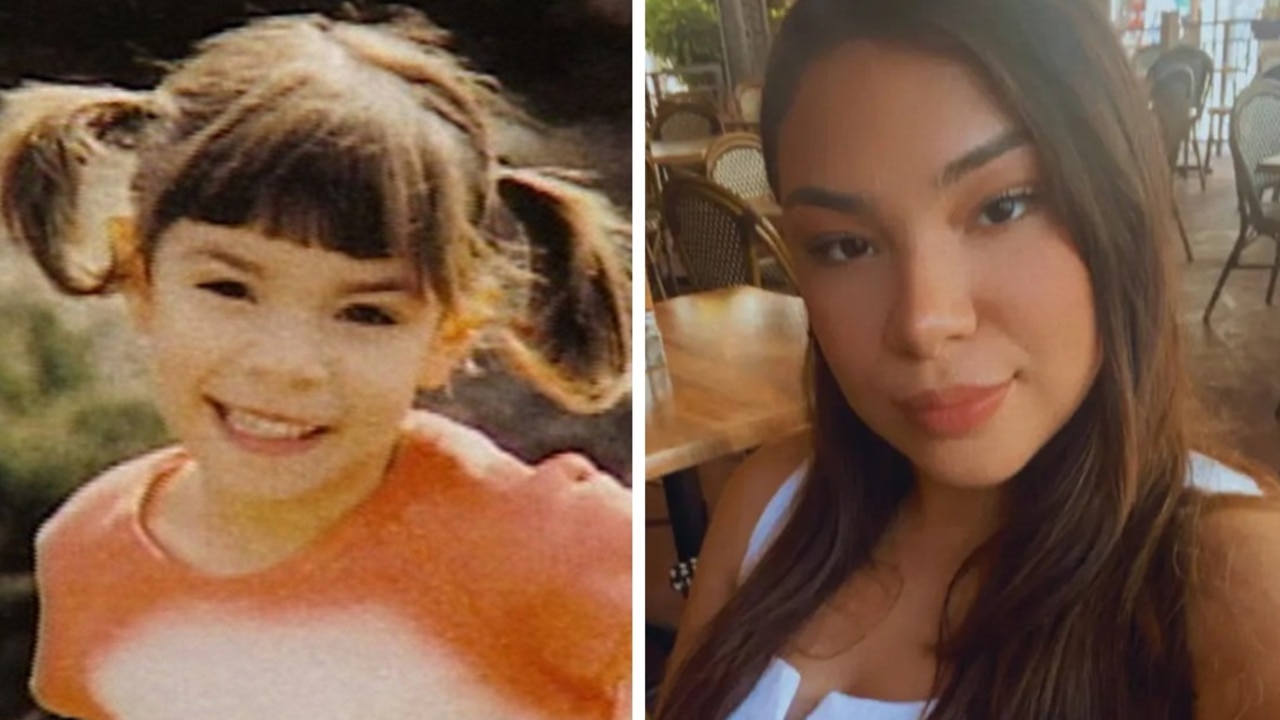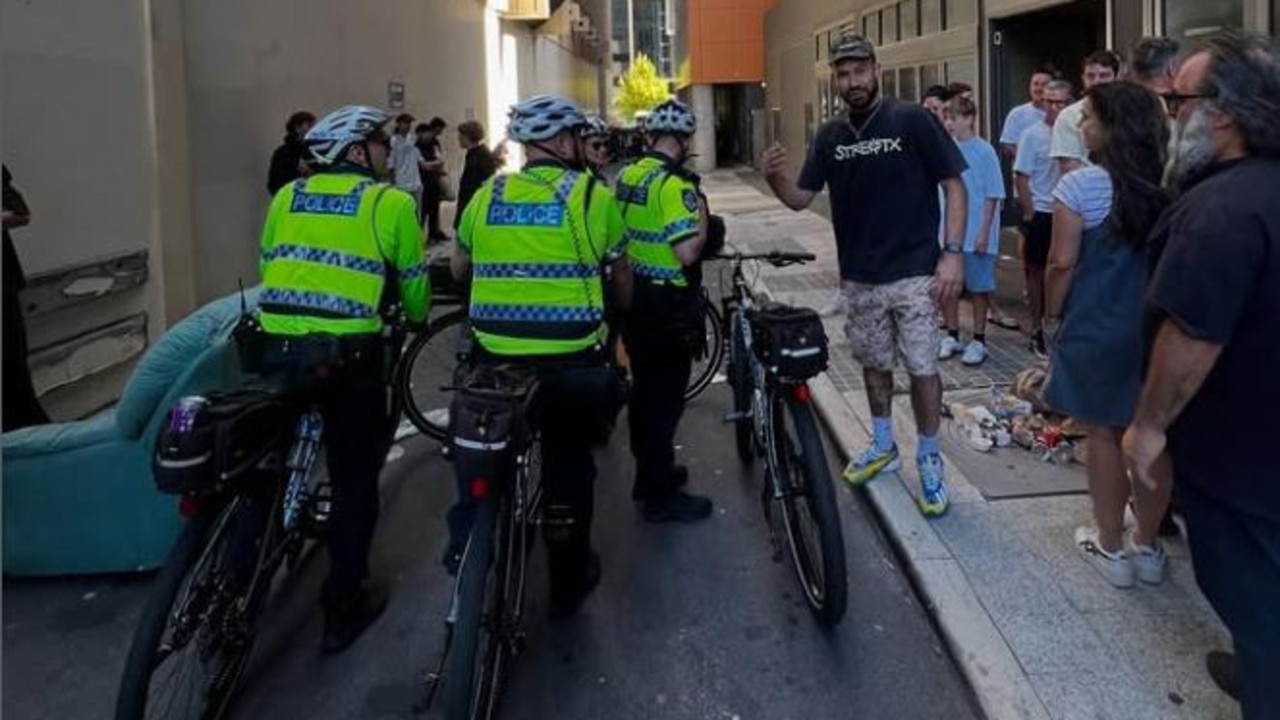Aussie teen, 16, shares shock social media warning
A 16-year-old has opened up about the impact that social media had on her, leading to hospitalisation.
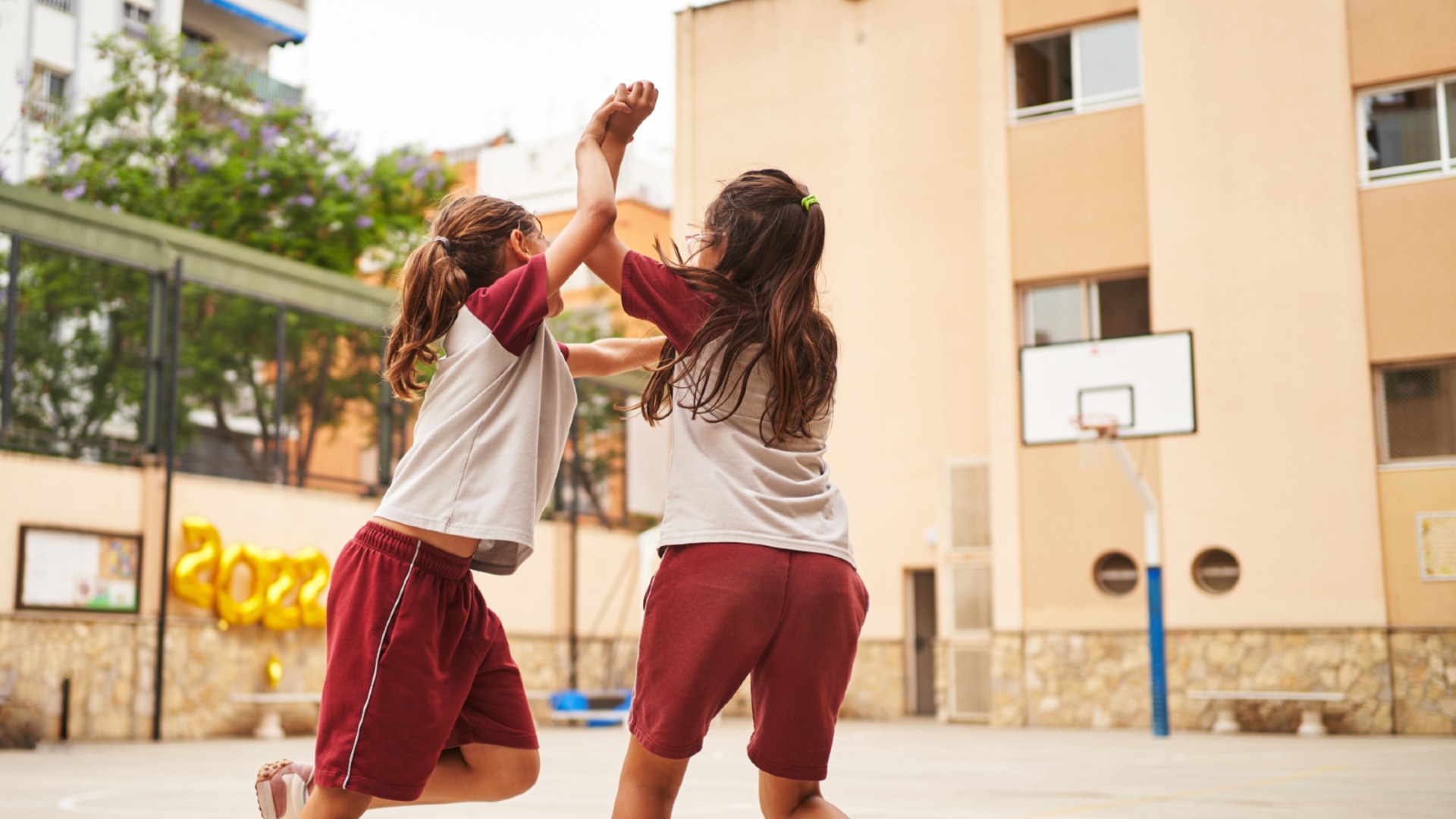
Lifestyle
Don't miss out on the headlines from Lifestyle. Followed categories will be added to My News.
A teenager has urged others to watch what they consume on social media after being diagnosed with an eating disorder.
Grace, 16, was diagnosed with anorexia nervosa in 2022 — it was something that changed the entire course of her life.
“I didn’t really realise there was much of an issue. I think, for me, I would use exercise as a way to make myself feel really good,” she said.
“So I thought I was doing all these good things for myself but then it led me in the wrong direction.”
Grace’s mum took her to the doctor because she was “having weird symptoms”. The Melbourne teenager was referred to hospital and spent two weeks there in total.
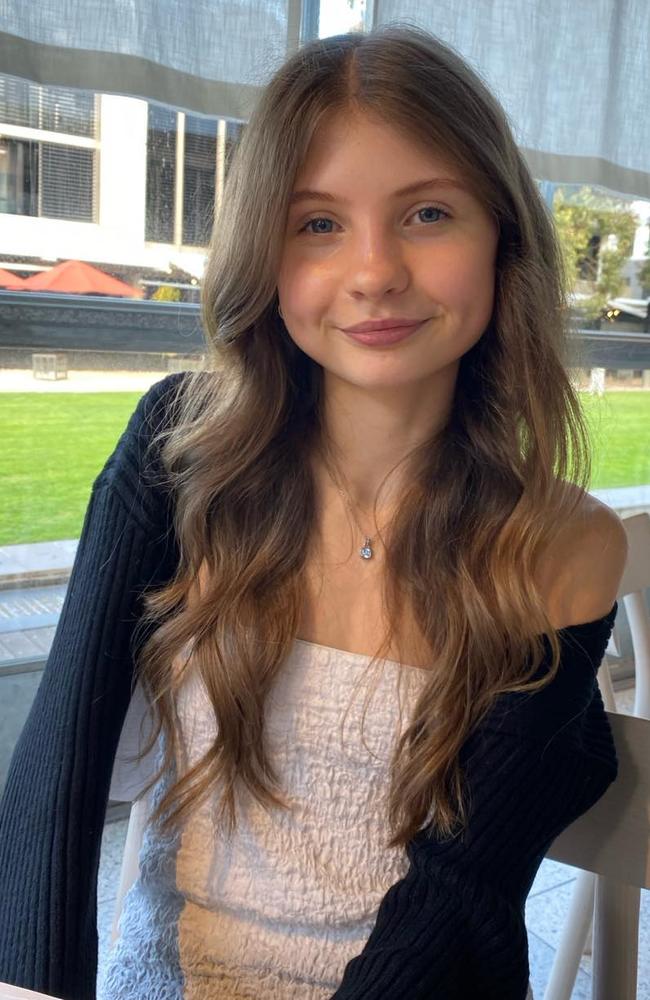
Grace’s diagnosis was coupled with a diagnosis of coeliac disease in 2023. Coeliac disease is an auto-immune issue where the body rejects gluten. This includes items such as wheat, rye and barley. When your body consumes gluten as a coeliac it means it does not absorb the nutrients.
“It’s very hard when you’re trying so hard to get healthy again but your body physically won’t,” she said.
It threw a spanner in the works in her recovery. Her dietitian was telling her to eat whatever she wanted but she was clearly restricted due to her health. The huge “gluten free” marking on products also made her feel like she stood out. Grace and her mum have had to scout to find options that aren’t vegetables or fruit so she can have the same recovery journey as others.
Now, Grace is feeling very good about things. Working alongside the Butterfly Foundation — an organisation that supports people with eating disorders — has been positive for the teenager. She is working towards her VCE, wanting to be a dietitian when she is older. Grace also wants to get to a good place where she isn’t having check-ups all the time.
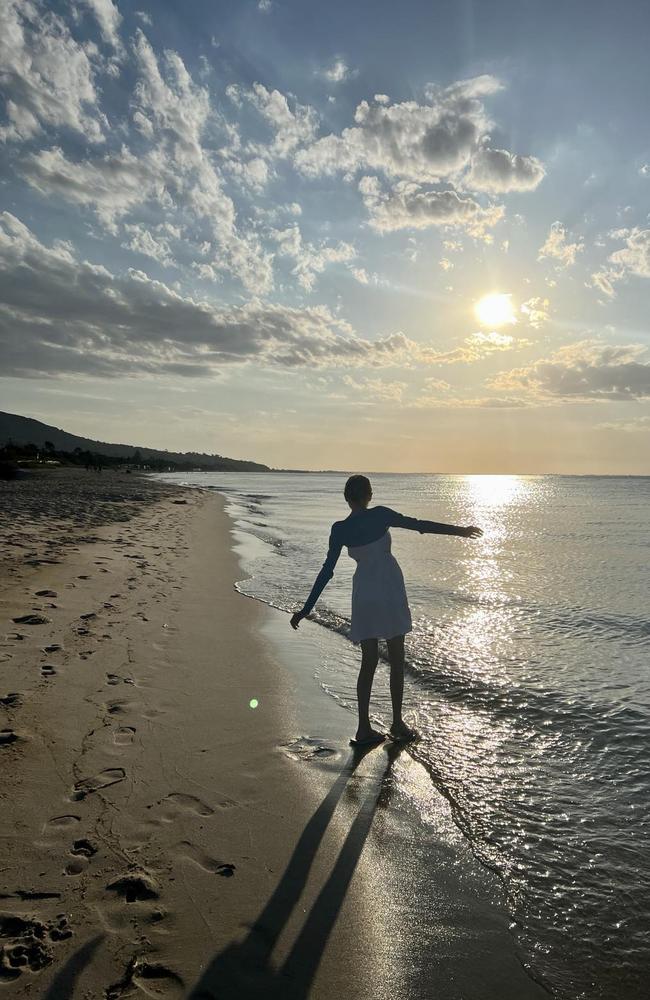
She is also passionate about raising awareness about the flaws in the hospital system, the impact of social media and eating disorder support in general.
“For me, when I was going through that, I struggled to find a lot of support online. These days when you go on social media it’s all wellness routines or 5am morning routines and older women posting what they eat in a day,” she said.
“When you’re in a very different situation it can be very hard not to compare yourself.”
It’s what prompted her to start an Instagram account about being a teenager living the gluten free lifestyle, as she was struggling to find people she could turn to.
Her own relationship with social media has changed. These days she follows professionals or people who inspire her. Her Instagram feed is filled with beaches and travel.
“Less than a year ago I was following people who I didn’t even realise were having an input on some of my thoughts and behaviours until I unfollowed them,” she said.

“Now when I go on social media I feel very inspired and very positive because I am following people who are also going through the same journey.”
She is also following a lot of dietitians and not “random influencers spruiking recipes”. She said it has made the “biggest difference”, adding it helped her “more than anything”.
Grace urged other teenagers to do the same, saying you should follow people who inspire you in the fields you’re interested in.
Grace’s message comes as the Butterfly Foundation released its results from BodyKind Online Education — an e-learning tool for young people between 12 and 16. Modules look at topics such as appearance-based content and teasing, misinformation, AI and the role of algorithms. It provides positive strategies like critical thinking, self-compassion, online safety features, help-seeking and reporting.

The pilot was conducted by researches at University of the Sunshine Coast. It looked at 500 kids from four secondary schools in Victoria and Tasmania.
The results were overwhelmingly positive with a “significant improvement” in media literacy.
“Social media literacy has been part of Butterfly’s body image education programs for young people, parents and educators since 2011. Thanks to support from the eSafety Commissioners Online Safety Grants Program (Round 3) we could develop an engaging program to specifically address the complex issue of body image online,” Danni Rowlands, head of prevention at Butterfly, said.
“Being able to offer this program to Australian schools will improve young people’s social media literacy skills and help them navigate online environments in a more empowered way, helping to create a BodyKind future for our young people.”
A survey revealed 62 per cent of kids between 12 and 18 felt dissatisfied with their body — and social media contributed to that.
Originally published as Aussie teen, 16, shares shock social media warning




